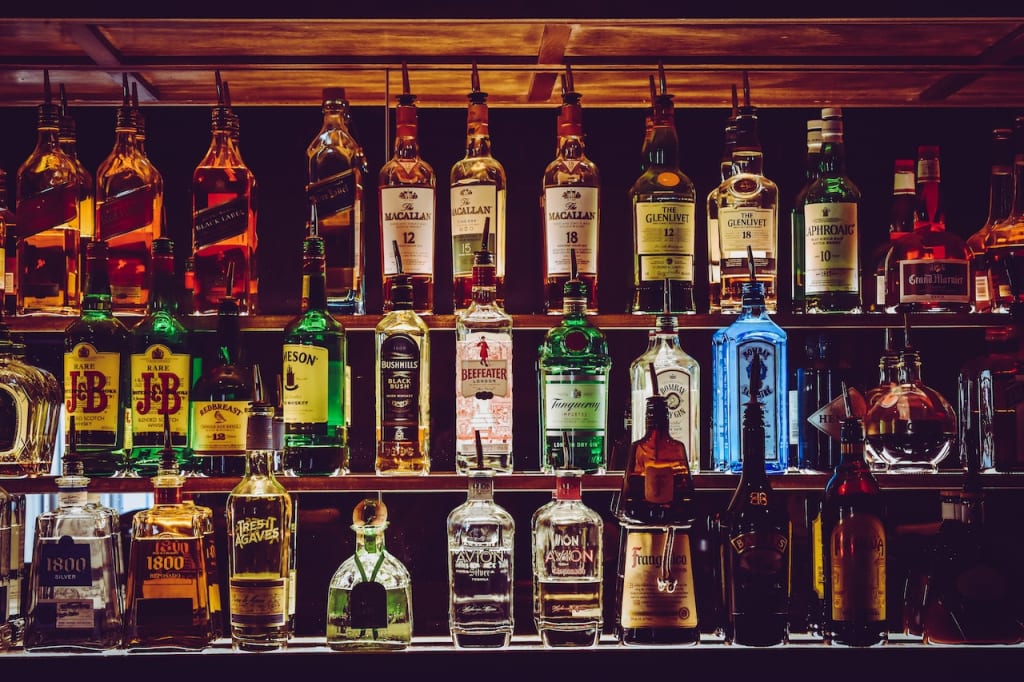Unraveling Hangovers
Alcohol's Aftermath and Remedies Explored

In a pioneering study from 1973, 20 volunteers willingly embarked on a weekly journey of intoxication for eight consecutive weeks. Each session featured a different alcoholic beverage, all administered with precise dosages—this was the realm of scientific inquiry. The purpose of this experiment was to unravel the mystery of hangovers and determine which alcoholic drinks caused the worst aftermath. However, the complexities of the topic couldn't be fully addressed through a single study. Over time, science has made significant strides in understanding hangovers, though certain enigmas persist.
The culprit behind hangovers is a molecule known as ethanol, colloquially referred to as alcohol. Ethanol permeates all alcoholic beverages, and as a general rule, the higher the ethanol content, the greater the potential for a hangover. The symptoms and severity of hangovers can vary depending on factors such as weight, age, genetics, and more. Nevertheless, hangovers typically manifest common and unpleasant features.
But how does alcohol exactly trigger a hangover, and is there a reliable method to prevent one? Alcohol hampers the communication between neural cells, resulting in a slowdown. As alcohol concentration in the bloodstream diminishes after the last drink, the brain rebounds from sedation, swinging into a hyperactive state. This shift can cause tremors, rapid heartbeat, and contribute to disrupted sleep, which becomes shorter and less restful. However, these effects only scratch the surface as alcohol disrupts numerous bodily processes, disturbing delicate balances.
Even the most familiar hangover symptoms have unexpected contributors. Alcohol interferes with the levels of various hormones, including cortisol. Fluctuating cortisol levels typically regulate wakefulness throughout the day and night. Disruption in cortisol during a hangover can leave individuals feeling groggy or disoriented. Another hormone affected by alcohol is vasopressin, which normally reduces urine production. Alcohol reduces vasopressin levels, leading to increased urination and dehydration. Dehydration, in turn, triggers thirst, dry mouth, weakness, lightheadedness, and headaches—a common hangover symptom.
In addition to dehydration, alcohol's impact on chemical signaling in the brain, particularly neurotransmitters involved in pain signaling, can contribute to hangover headaches. Alcohol's effects extend to damaging mitochondria, which play a crucial role in energy production (ATP synthesis). This damage may lead to fatigue, weakness, and mood disturbances during a hangover. Furthermore, alcohol stimulates the immune system, triggering inflammation that can harm brain cells, affect mood, and impair memory. Irritation of the gastrointestinal tract and inflammation of the stomach and intestines can also occur. Alcohol may slow down stomach emptying, leading to increased gastric acid production, resulting in stomach pain, nausea, and vomiting.
Alcoholic beverages contain additional substances generated during the fermentation process, contributing to their distinct flavors. Some evidence suggests that methanol, one of these substances, worsens hangover symptoms. The body metabolizes methanol only after it has processed ethanol, and the toxic metabolites of methanol may exacerbate hangover effects. Beverages with higher ethanol content, such as gin and vodka, may cause fewer hangover symptoms, while those with flavoring ingredients like whiskey, brandy, and red wine may intensify them. Ultimately, the choice of alcoholic beverage does matter, but all alcoholic drinks can cause hangovers due to their alcohol content.
So, do common hangover remedies truly work? Drinking water and electrolyte-rich beverages can help alleviate symptoms associated with dehydration. Eating, especially carbohydrates, can replenish glucose levels reduced by alcohol. However, the only foolproof way to prevent a hangover is to consume alcohol in moderation or abstain altogether.
Henrik Leandro
About the Creator
Henrik Leandro Laukholm Solli
Free thinker, traveler and humanist <3






Comments
There are no comments for this story
Be the first to respond and start the conversation.